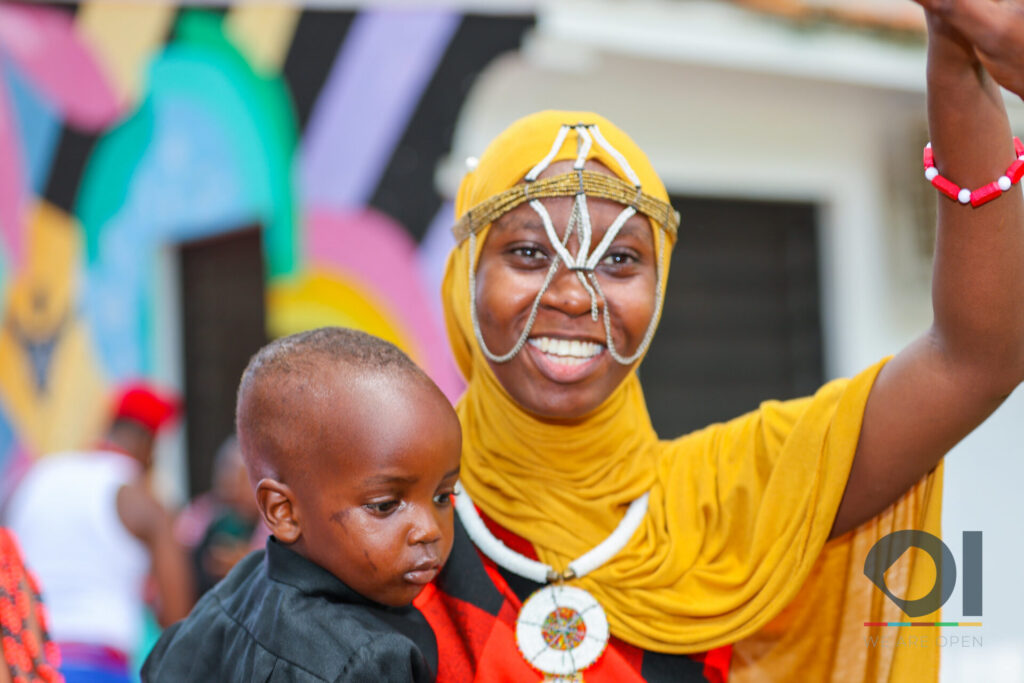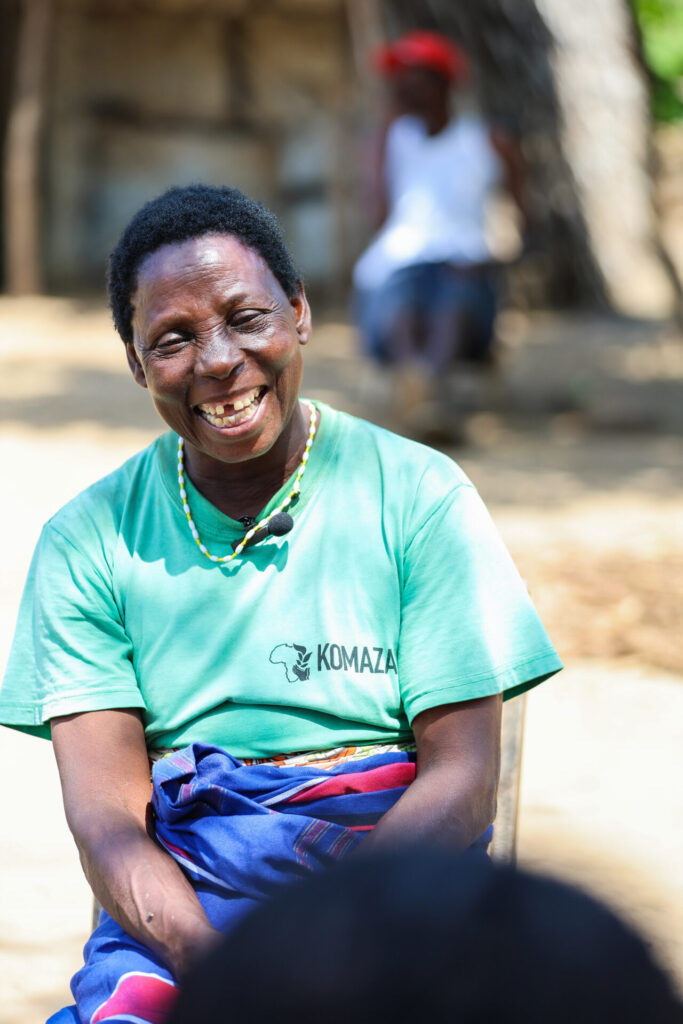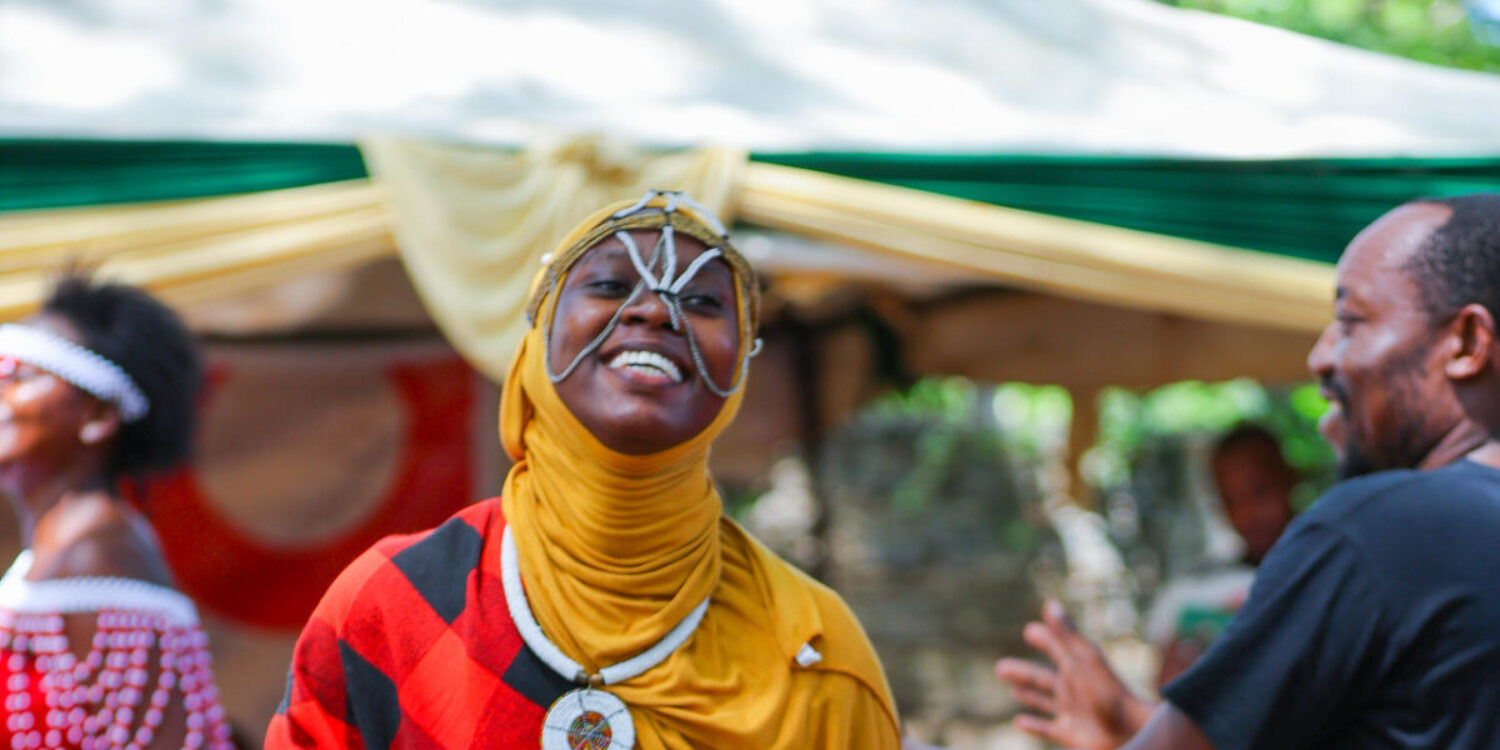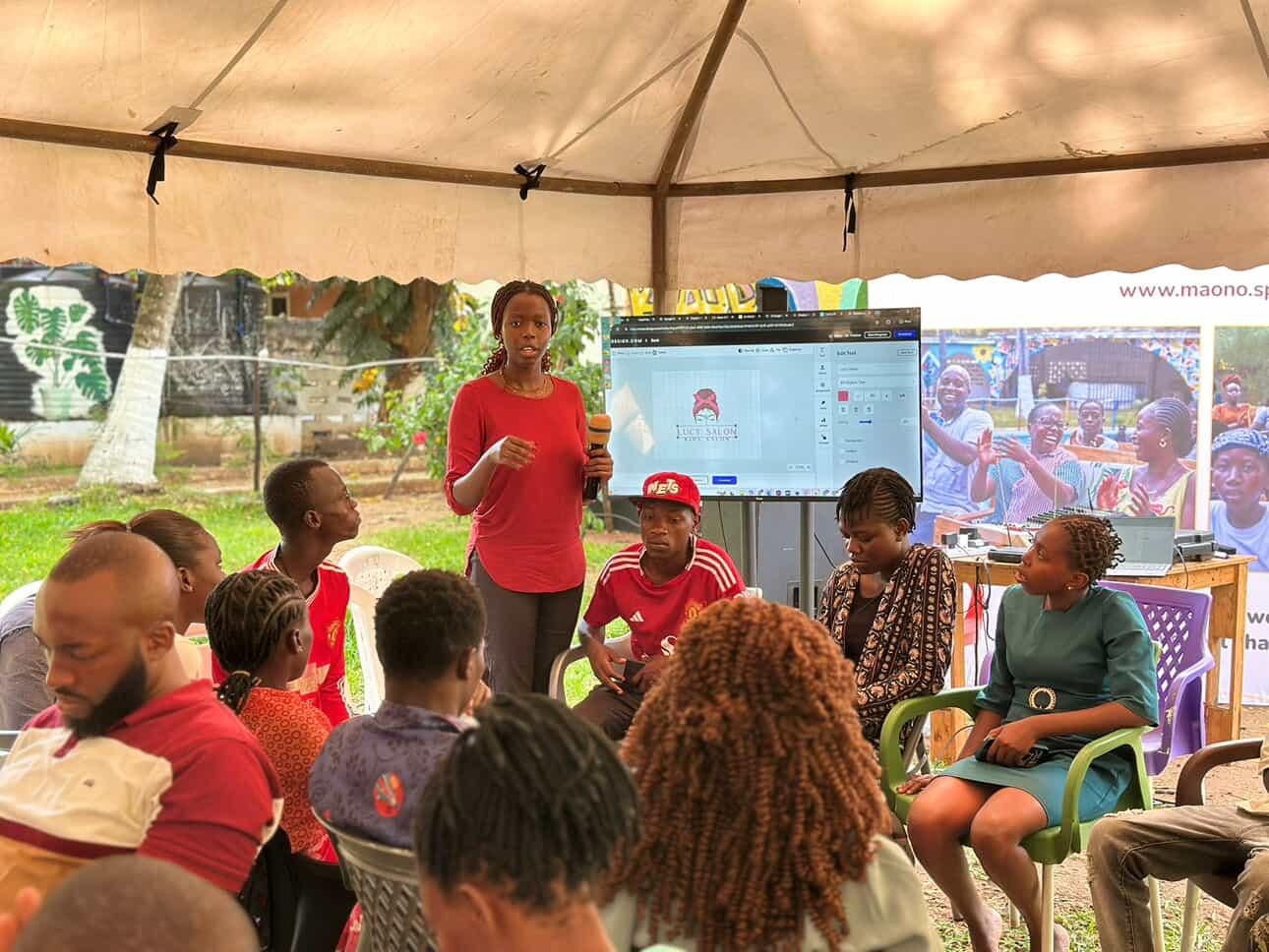Every year on 15th September, the world pauses to mark the International Day of Democracy, a day to reflect on the state of democracy and celebrate the people and institutions working to uphold it. This year, as the United Nations Democracy Fund (UNDEF) celebrates 20 years of advancing democratic values, UN Secretary-General António Guterres reminded us of the courage of people everywhere “who are shaping their societies through dialogue, participation, and trust.”
At the Open Institute, we believe this courage lies most strongly in citizen voices—ordinary people at the grassroots who are closest to the challenges communities face, and therefore best positioned to shape solutions. Our work at Maono Space in Kilifi is a living example of this. By providing a collaborative space, networking opportunities, and capacity building for changemakers, we have witnessed firsthand how local communities transform democracy from an abstract concept into lived reality.
Democracy as Everyday Action
In Kilifi, democracy is not just about elections or policy, it’s about citizens showing up to demand accountability, to share their experiences, and to influence decisions that affect their daily lives. Yet, public participation, a cornerstone of Kenya’s devolved governance, has often been marked by apathy, poor attendance, or token involvement.
But in the past two years, Maono changemakers have shown that when communities are informed, mobilized, and equipped, they can turn the tide. Here are some powerful stories that demonstrate democracy in action:

1. The Muguka Ban: From Storytelling to Policy Change
When filmmaker and changemaker Zeinab Zahor released Story Za Jaba, it was the first documentary to spotlight the devastating effects of muguka on coastal women. The film went viral, sparking outrage and urgent conversations both online and offline. Religious leaders pledged to act, communities mobilised, and when Kilifi Governor Gideon Mung’aro visited Maono Space, citizens pressed him for action.
Soon after, he publicly committed to banning muguka in the county. This ban is a powerful reminder that stories are tools of democracy. They give visibility to hidden struggles, bring communities together, and push leaders to act.
2. Mobilising Citizens for Public Participation for Kilifi’s Annual Development Plan (ADP)
Public participation meetings in Kilifi often drew only a handful of attendees. But in 2023, when Kilifi announced ADP participation meetings through inaccessible channels like newspapers, changemakers didn’t wait to complain. They translated the bulky document into Swahili, condensed it into key points, and mobilised across 35 wards, preparing communities ahead of the ADP 2025/2026 discussions. Using town hall meetings and creative avenues such as skits, spoken word, puppetry, and music, they drew crowds into democratic discussions.
The mobilisation efforts led to record-breaking attendance at public forums: over 400 people in Malindi Town ward compared to the usual 30. Instead of passively attending, citizens walked into meetings with their priorities written on manila papers, memos, and even photos of their suggestions. County officials remarked how “easy” the meetings were because people already knew what they wanted. This time, citizens were not just present but active co-authors of their county’s development priorities.
3. Simplifying the Kilifi County Finance Bill 2023
When the Kilifi County Finance Bill 2023 was introduced, many community members found it too complex. The Maono CBO consortium stepped in, translating the technical document into simple language, engaging communities in discussions, and helping them draft a policy memorandum. This was later presented to the County Assembly—evidence that democracy thrives when citizens can understand, question, and reshape policy.

Democracy as Collaboration
As UNDEF celebrates two decades of amplifying civil society worldwide, the stories from Kilifi echo the same principle: democracy is strongest when rooted in community action. Whether through storytelling, mobilisation, or creative civic education, changemakers are showing that democracy is not abstract, but it is lived daily in how citizens demand accountability and shape decisions.
At Maono, we continue to support this energy, knowing that the real power of democracy lies in collaboration. When citizens and governments engage meaningfully, the result is stronger, more resilient communities prepared to face today’s challenges.
On this International Day of Democracy, we celebrate not just the idea of democracy, but its practice in action. These stories remind us that democracy does not belong to governments alone. It belongs to all of us.
Together, we can move from voice to action.













